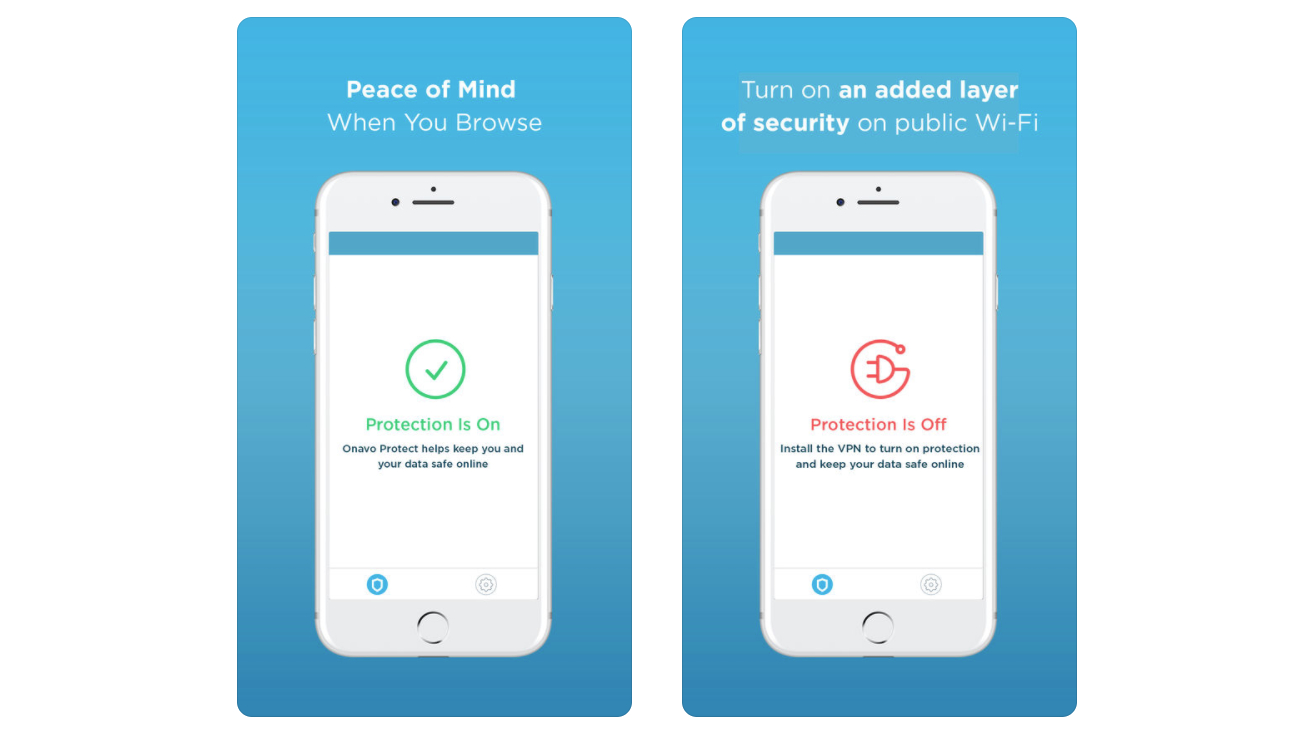Facebook wants to become the world’s biggest VPN provider
But not just to protect your privacy

Facebook has added a new option to its mobile app which points users to download Onavo Protect, in order to push this VPN service – which it bought up some five years back – although the social network’s motives appear quite different to the traditional VPN provider.
First off, let’s clarify that this is happening according to TechCrunch, which spotted the new ‘Protect’ option over in the US, on Facebook’s iOS app only (not Android). As the site observes, this may mean the social network is only testing the feature at this point with a limited user base over in the States. (Onavo has also been previously pushed in testing over in the UK).
If you click on Protect in the navigation menu, you’ll get taken straight through to the App Store listing for the ‘Onavo Protect – VPN Security’ product, which you can obviously install from there.
On the face of it, like any other VPN product, Onavo is designed to keep you more secure online by encrypting the data you transmit over your internet connection (or indeed someone else’s connection, like public Wi-Fi which is potentially insecure).
VPNs are also traditionally designed to maintain your anonymity and privacy online, but notably in Onavo Protect’s store listing, there’s no talk of privacy.
Instead, the app blurb states: “To provide this [protection], Onavo uses a VPN to establish a secure connection to direct all of your network communications through Onavo’s servers. As part of this process, Onavo collects your mobile data traffic.
“This helps us improve and operate the Onavo service by analyzing your use of websites, apps and data. Because we're part of Facebook, we also use this info to improve Facebook products and services, gain insights into the products and services people value, and build better experiences.”
Are you a pro? Subscribe to our newsletter
Sign up to the TechRadar Pro newsletter to get all the top news, opinion, features and guidance your business needs to succeed!
Precious data
In other words, rather than maintaining your privacy, the app is making use of the data you send across the VPN connection to provide insights to Facebook on what its users are doing online.
Exactly how Facebook is using this data obviously isn’t clear, although TechCrunch theorizes that the social network could employ it to see which rival apps are swiftly gaining popularity – for potential early acquisitions – or which features of other apps are working well (because it can see how many of its users are flocking to them).
That’s all speculation, but what isn’t speculation is that if you use this Onavo VPN, you are signing up to let Facebook use your data for its own insights, whatever they may be.
And Facebook is obviously wanting to push this VPN via its mobile app, although as mentioned at the outset, it’s not clear whether this is just limited testing on the iOS platform at the moment.
We’ll just have to wait and see to get more of a handle on whether this is still a case of dipping toes in the water, or a more full-on push to drive installations of Onavo Protect to Facebook users.
As ever, with any app you download, you should carefully read the product description and any other relevant info such as permissions, before you go ahead with installation.
There are, of course, plenty of other free VPNs out there if you’re looking for alternatives, although the whole area can be something of a minefield given that providers of freebie services have to turn a profit somehow – which has led to some hair-raising accusations in the past. So tread carefully, or get yourself a paid VPN.
- These are the best VPN services for 2018
Darren is a freelancer writing news and features for TechRadar (and occasionally T3) across a broad range of computing topics including CPUs, GPUs, various other hardware, VPNs, antivirus and more. He has written about tech for the best part of three decades, and writes books in his spare time (his debut novel - 'I Know What You Did Last Supper' - was published by Hachette UK in 2013).